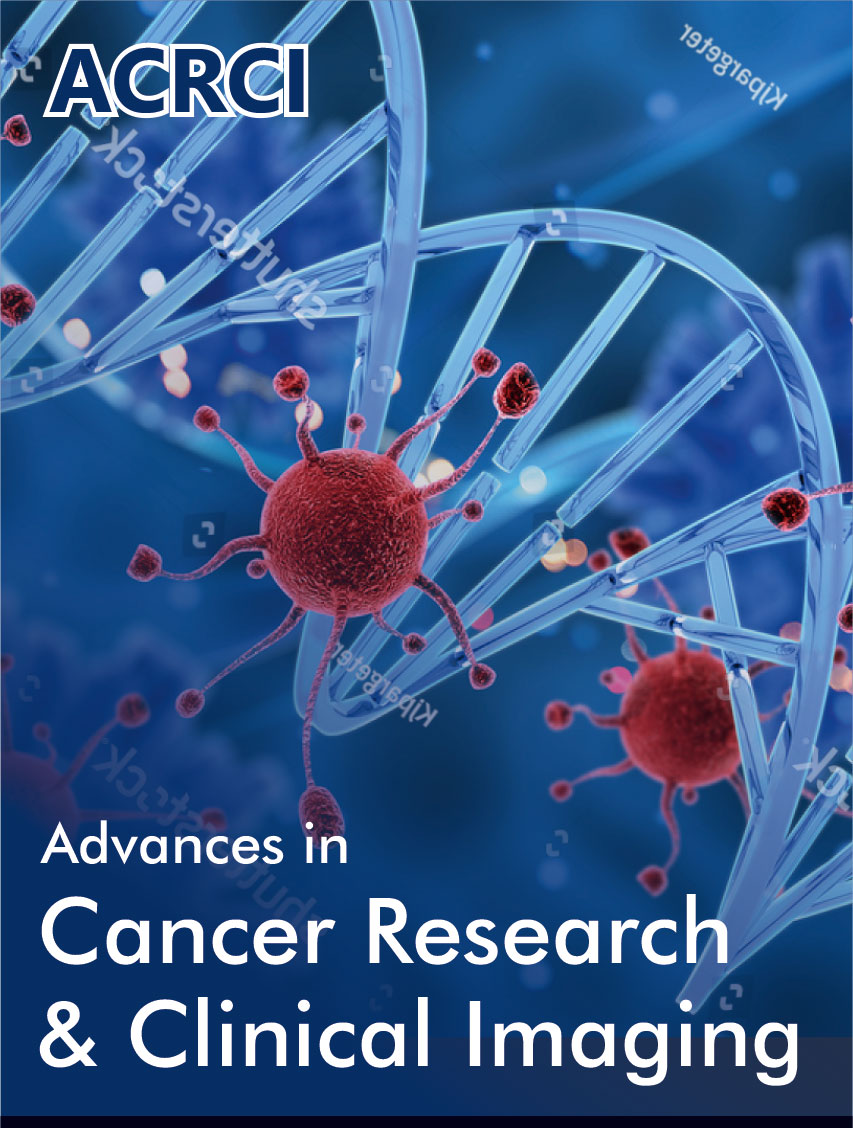 Review Article
Review Article
Non-Patentable Chemicals for Cancer Therapy
Dmitriy Ovcharenko*, Dmitry Mukhin, and Galina Ovcharenko
Altogen Labs, Austin, Texas, USA
Dmitriy Ovcharenko, Altogen Labs, 11200 Menchaca Rd, Austin, TX 78748, USA
Received Date:March 14, 2024; Published Date:March 26, 2024
Abstract
A large number of chemicals are unpatentable within the current patent framework and the existing structure for protecting intellectual property in drug development. Anticancer compounds may be unpatentable because they are naturally occurring, lack novelty, or lack an inventive step, have insufficient evidence of efficacy, or fall under regulatory policies that prohibit patenting certain types of substances. Cancer researchers often discover new properties in existing compounds, but funding for basic research to determine their safety and efficacy is frequently unavailable because these compounds are unpatentable. Scientists commonly make modifications to the structure of unpatentable molecules in an attempt to make derivatives that can be patented instead of testing for effective and safe molecules that are not patentable. This article discusses the potential of non-patentable chemicals and the impact of relevant policies. A case study of dichloroacetate (DCA) role in cancer treatment demonstrates existing potential for developing novel anti-cancer compounds, despite the current structure of the patenting system that creates financial unviability of pursuing the research of non-patentable molecules. Testing efficacy and safety of unpatentable chemicals and their derivatives would expand access to more cancer therapeutic molecules and advance oncological research.
Keywords: Non-Patentable Chemicals; Cancer Therapy; Drug Development, DCA, DCAH, DCMAH
-
Dmitriy Ovcharenko*, Dmitry Mukhin, and Galina Ovcharenko. Non-Patentable Chemicals for Cancer Therapy. Adv Can Res & Clinical Imag. 4(2): 2024. ACRCI.MS.ID.000584.
-

This work is licensed under a Creative Commons Attribution-NonCommercial 4.0 International License.






